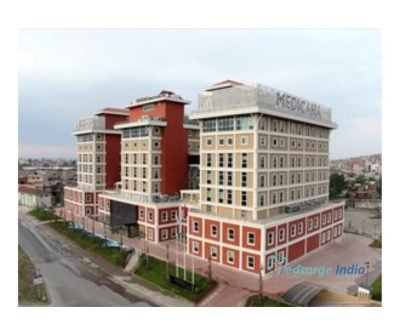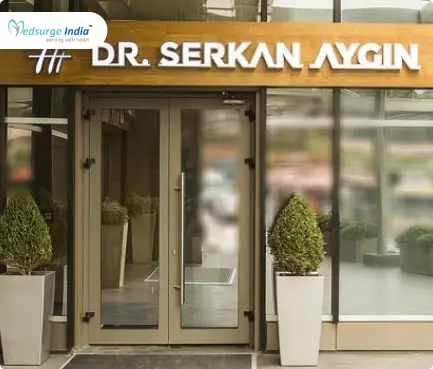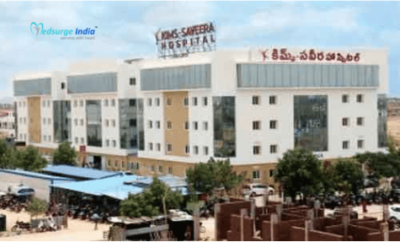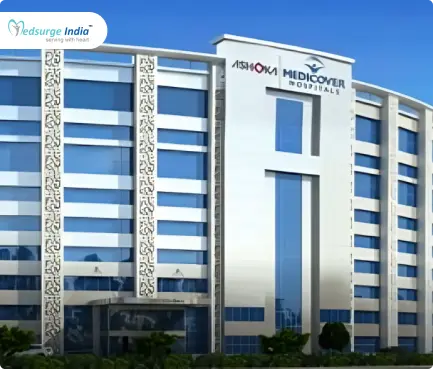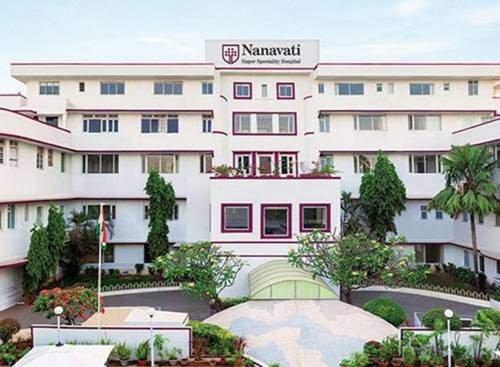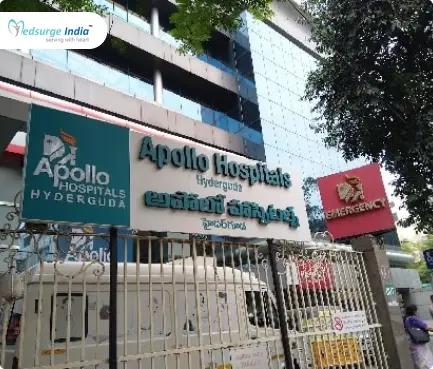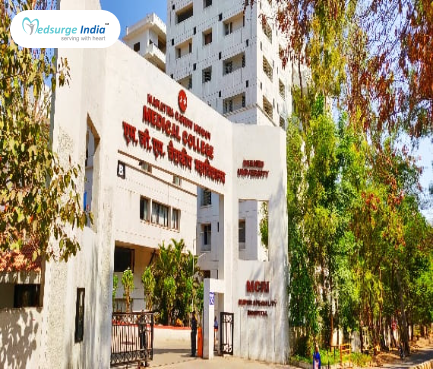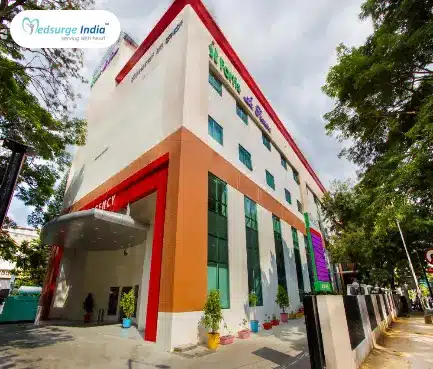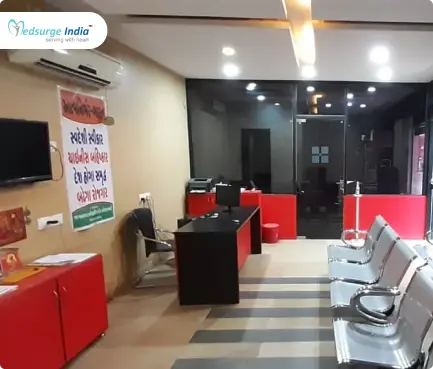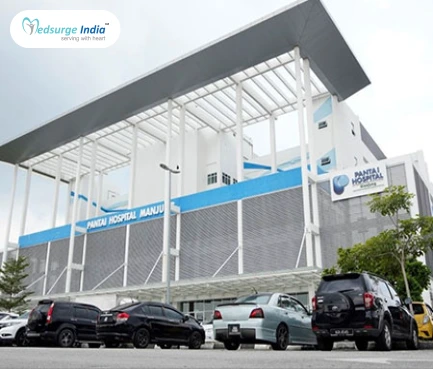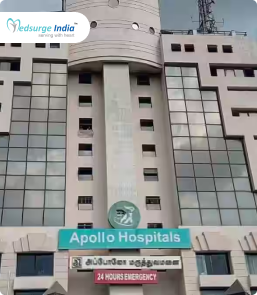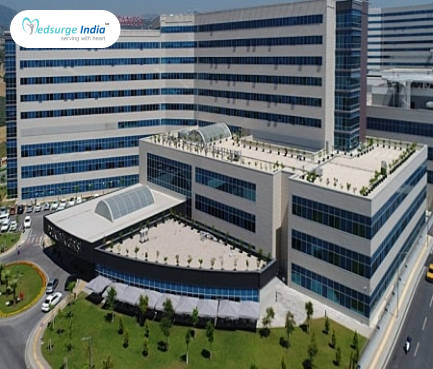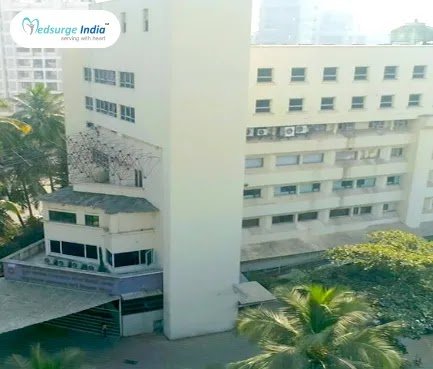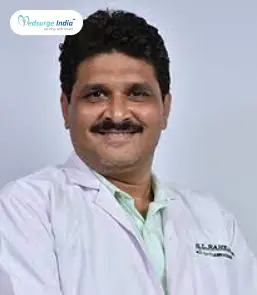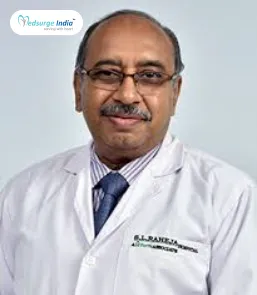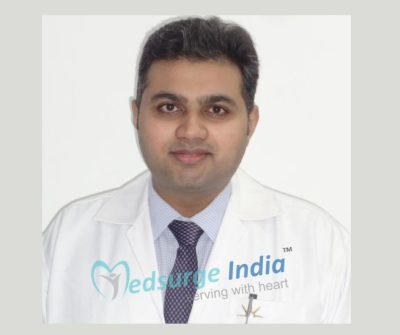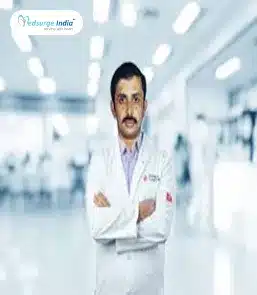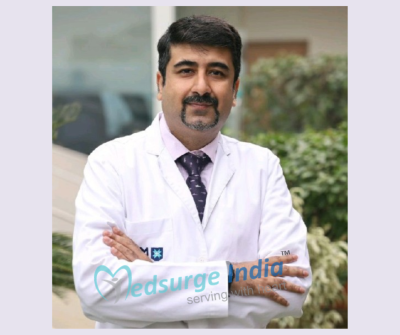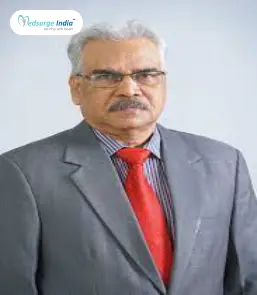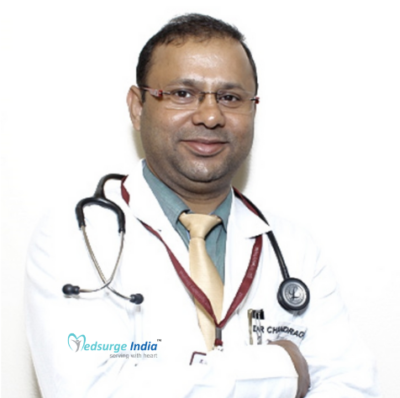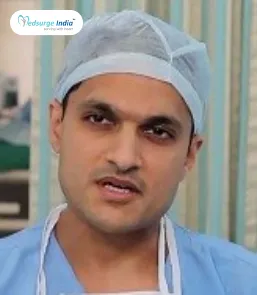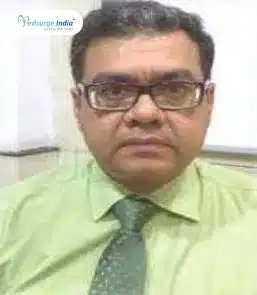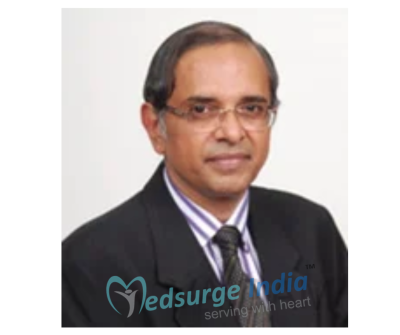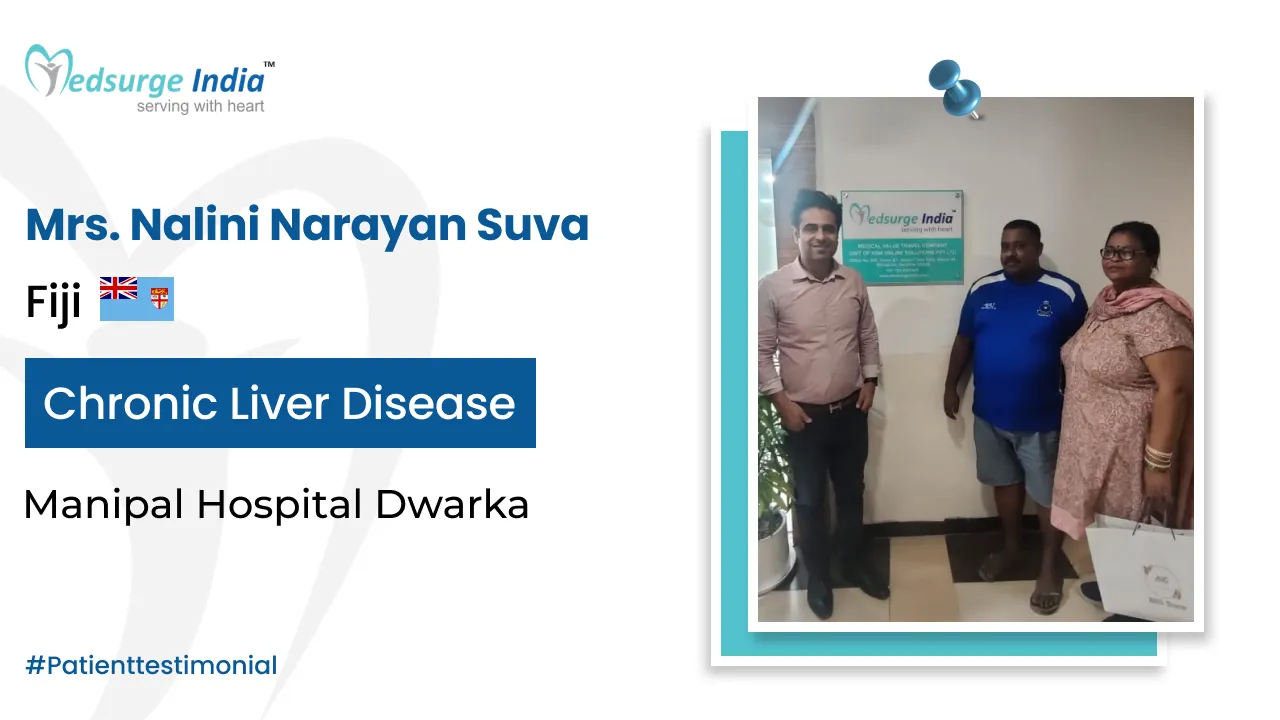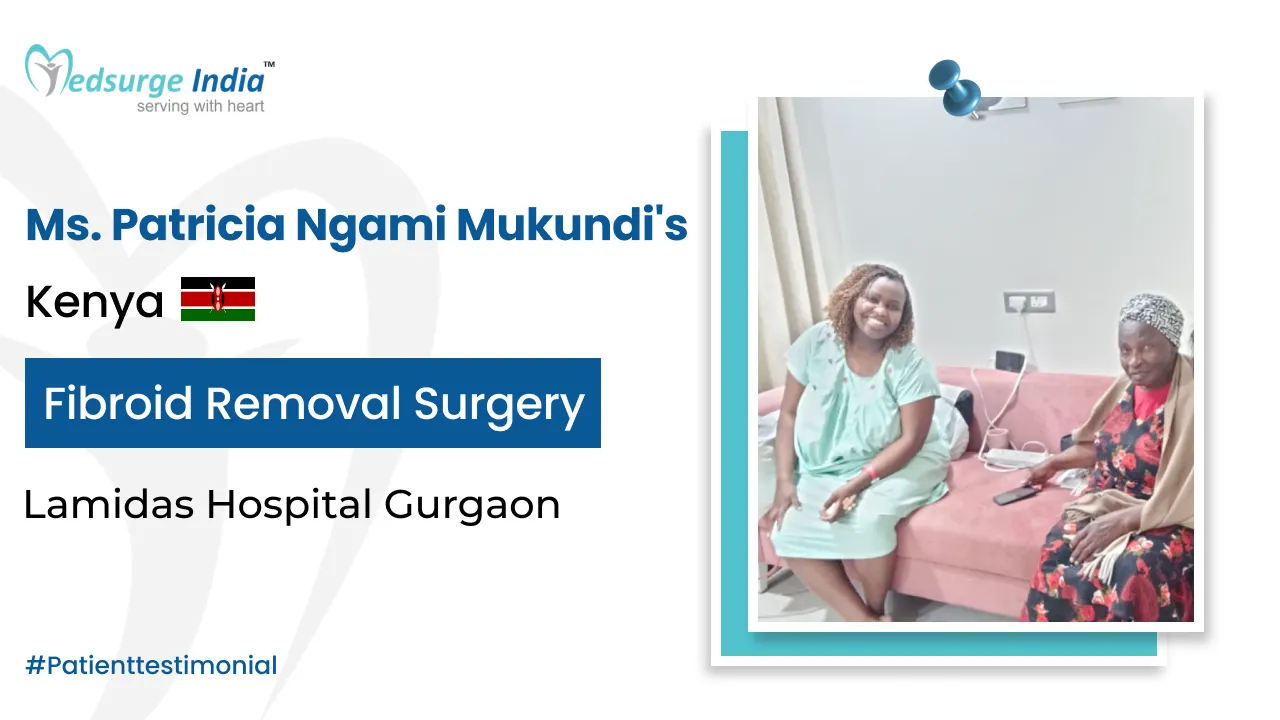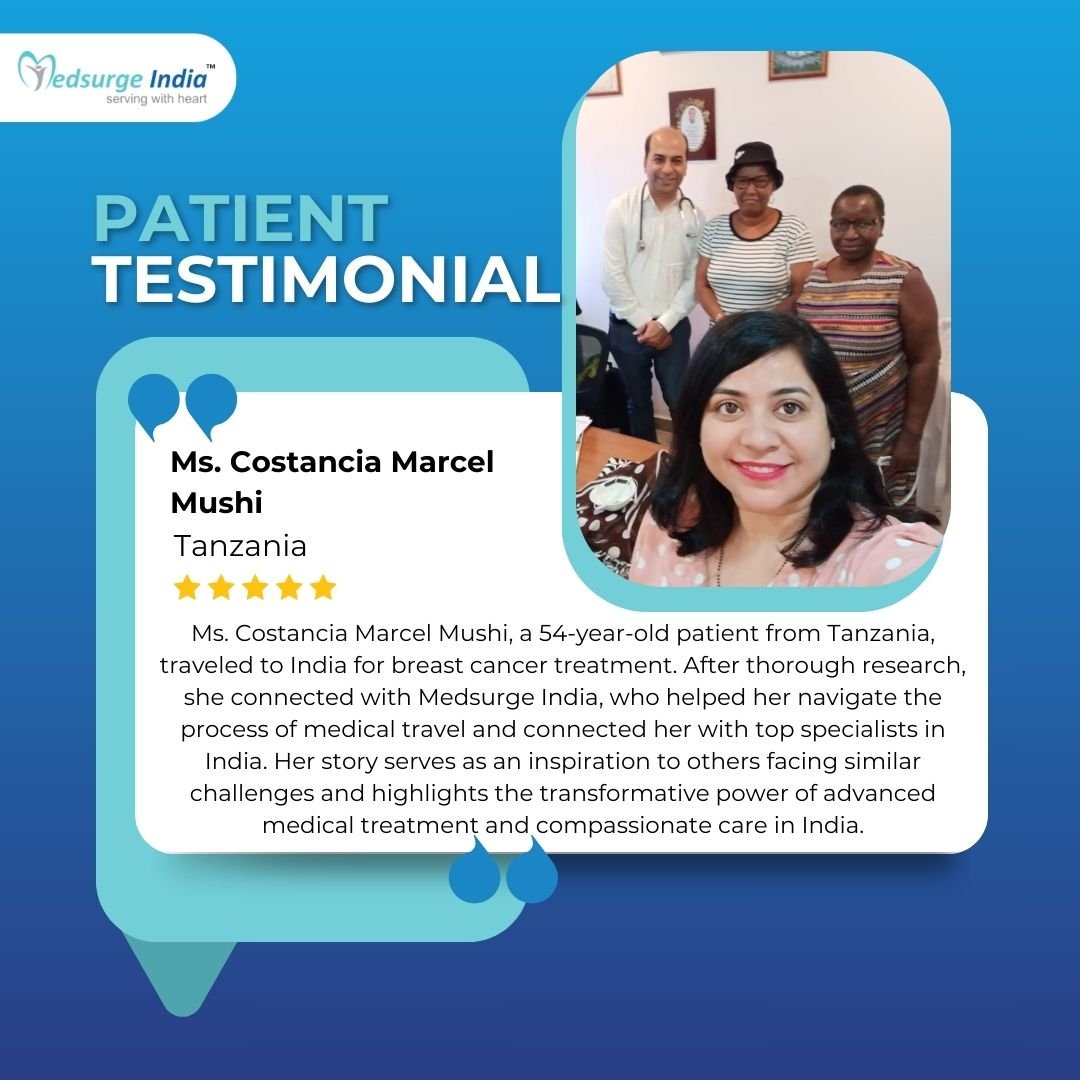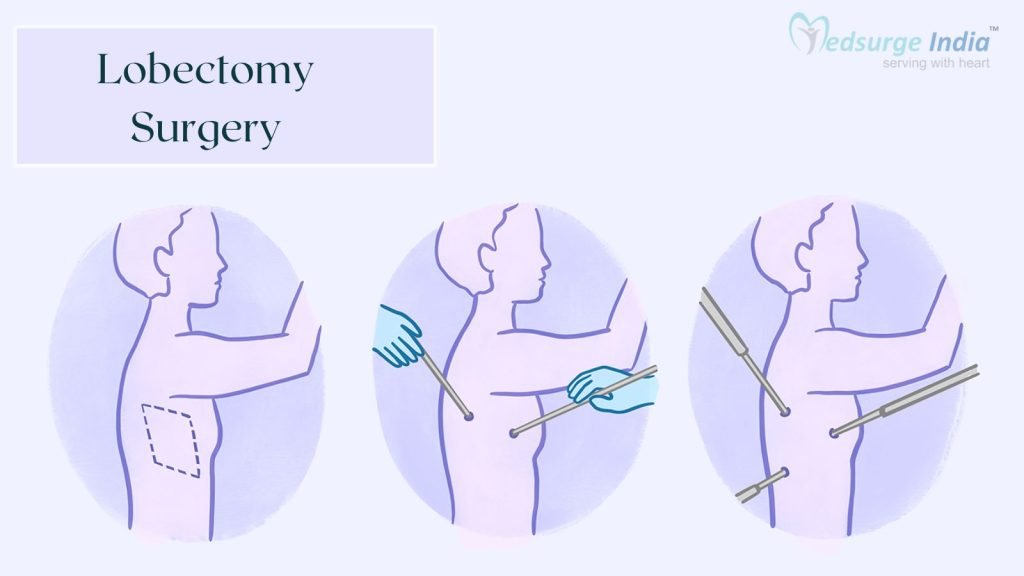
A lobectomy is a surgical procedure that removes a whole lobe of your lung for a variety of causes, including lung cancer, infection, COPD, or benign tumors. Your right lung has three lobes and your left lung has two lobes. Depending on your diagnosis, the procedure may involve a few minor incisions (minimally invasive) or one major incision (thoracotomy) on the side of your chest. With either approach, along with a lobe, nearby lymph nodes are also removed because of the possible spread of disease or cancer. In lobectomy surgery in India, the surgeon removes a cancerous portion of an organ to prevent cancer from spreading. This removal process can be done by various methods as per the location and size of the tumor.
The lobectomy surgery cost in India is quite affordable compared to other developed countries. The total treatment plan cost depends on the duration of stay and the location of the hospital.
What Is Lobectomy Surgery?
A lobectomy is a type of lung cancer surgery in which one of the lungs’ lobes is removed due to the presence of malignant tumors. A lobe is one of the components that make up a lung. The right lung has three lobes, while the left has only two lobes.
A lobectomy is frequently used to treat other diseases such as tuberculosis, severe COPD, or injuries to major blood arteries surrounding the lungs.
There are three types of lobectomy surgery in India. Deciding whether one of these procedures is the best course of treatment for you requires understanding the preparation required, the recovery process, potential complications, and prognosis after a lobectomy.
A lobe of your lung can be removed using a few different methods:
Open Lobectomy
- A lung lobe is removed via a long incision on the side of the chest (thoracotomy). This involves extending the ribs apart in order to have access to the lungs.
- This procedure is frequently used when your doctor has to remove larger stage 2 and stage 3 tumors from your lungs and lymph nodes.
Video-Assisted Thoracoscopic Surgery (VATS)
- With the assistance of equipment and a camera, a lung lobe is removed through a few small incisions in the chest.
- This method is quickly becoming the most preferred approach. VATS lobectomy may be considered for non-small cell lung cancer in stages 1 or 2. (NSCLC).
- When a VATS lobectomy is possible, it may involve fewer complications than an open lobectomy.
Robot-Assisted Thoracoscopic Surgery (RATS)
- RATS, which is similar to VATS but is conducted with robots, appears to result in fewer complications and shorter hospitalizations after a lobectomy.
- It has been used successfully with stage 3 NSCLC, but there is still controversy on whether it delivers a better outcome.
Lobectomy Surgery Cost In India
The average Lobectomy Surgery Cost in India starts from INR 2,49,000 (USD 3,000). India offers a compelling alternative for anyone seeking excellent medical treatment at a fraction of the price paid in many Western countries. India is becoming a major global hub for medical tourism thanks to its state-of-the-art medical facilities, highly skilled medical professionals, and affordable treatment options.
Factors That Can Affect Lobectomy Surgery Cost in India
- The price of treatment packages can depend on the hospital’s preference.
- Doctor’s competence and experience in the subject.
- The patient’s situation: The patient’s disease and whether additional modalities are required for comprehensive treatment.
- Need for post-operative care.
- Hospital room classification.
- Duration of hospitalization and stay in the country.
Who Might Need a Lobectomy Surgery?
When a problem in one lobe is diagnosed, lobectomy may be performed. A lobe may be removed to prevent the disease from spreading to the remaining lobes. This could apply to tuberculosis or certain types of lung cancer.
The following chest and lung conditions may be treated with lobectomy:
- Tuberculosis
- Lung abscess
- Emphysema
- Benign Tumor
- Lung Cancer
- Fungal Infection
Your doctor may recommend a lobectomy for other reasons also.
Know More – Lung Transplant Cost in India
Get Free Cost Estimation
Procedure
How Lobectomy Surgery is Performed?
Before the Procedure
- Before a lobectomy, you must be on fast for at least eight hours. This usually includes refraining from eating or drinking after midnight. Smokers must quit smoking before undergoing this surgery. This increases your chances of a successful recovery.
- Most patients will be given a sedative before surgery to help them relax. You may also be given antibiotics and any additional precautions your doctor recommends.
During the Procedure
- While you are under general anesthesia, your surgeon will conduct a lobectomy. There are various types of lobectomy surgery.
- A thoracotomy, for example, entails your surgeon making major incisions in your thorax or chest. Your surgeon will make an incision on the side of your chest, usually between two ribs, and then create a space between your ribs to allow your surgeon to see into your chest and remove the lobe.
- Video-assisted thoracoscopic surgery (VATS) is a less invasive procedure with a quicker recovery time than standard thoracotomy. Your surgeon will most likely make four small incisions around the surgical area to implant a small camera and surgical equipment during this surgery. These enable your doctor to execute the lobectomy and remove the afflicted lobe at the same time.
After the Procedure
Following surgery, you will be taught deep breathing and coughing exercises to help your lungs relearn to expand and contract. This can also help you breathe better and prevent pneumonia and other diseases. Moving around and getting out of bed will help in your recovery. Increase your physical activity gradually and avoid lifting heavy objects for a time.
While recovering, make sure to avoid the following:
- Cigarette smoke
- Chemical fumes and harmful vapors in the air
- Environmental pollution
- Exposure to people suffering from upper respiratory diseases such as colds and flu
Please inform your doctor if you have any of the following side effects following surgery:
- Shortness of breath
- Trouble breathing
- Pain when breathing
- Redness, swelling, or pain around the incision
- High fever
- Any changes in your mental state
Helpful – Lung Cancer Prevention – 8 Tips To Reduce Your Risk
What Are the Risks Associated with Lobectomy Surgery?
There is always the possibility of bleeding or infection with any surgery. Antibiotics will be administered near the time of surgery to help prevent infection and the risk of minimal bleeding with this procedure. There is a small chance that you will require a drainage tube for an extended period of time due to a lung leak. This normally heals on its own and does not require further treatment. There are hazards associated with general anesthesia, as with any major operation, such as a heart attack, stroke, blood clots, or pneumonia. During your preoperative appointment, your surgeon will go over each of these risks with you.
Suggestion
For some, having a lobectomy eliminates the medical problem, while for others, it slows the growth of their disease or alleviates symptoms. If you have lung cancer, a lobectomy may result in remission, or you may require additional therapies to eliminate leftover cancer cells. Other conditions may necessitate further medical treatment.
Most individuals stay in the hospital for two to seven days after a lobectomy, but how long you stay depends on a variety of factors, including the type of surgery you underwent. Some people can return to work or start other activities soon after, but the majority of people need to stay at home for four to six weeks to fully recover.
Heavy lifting should be avoided for six to twelve weeks after surgery, or until your doctor determines you are well enough.
Your doctor will recommend a diet and physical activity routine after surgery to help you heal. A week after the lobectomy, you’ll most likely have a follow-up appointment. During that session, your doctor will examine the incisions and may take an X-ray to ensure normal healing. If all goes well, you should be fully recovered in less than three months.
The Most Important Frequently Asked Questions
Q: How Long Does It Take to Recover from a Lung Lobectomy?
A: It is normal to feel fatigued for 6 to 8 weeks following surgery. For up to 6 weeks, your chest may hurt and swell. It could pain or feel stiff for up to three months. You may also have tightness, itching, numbness, or tingling around the cut (incision) made by the doctor for up to 3 months.
Q: How Do You Sleep After Lung Surgery?
A: You can sleep in any position that is most comfortable for you. For the first several nights, some patients must sleep sitting up. Sleeping on your side may be uncomfortable, but it will not harm your heart or incisions.
Q: Does the Lung Expand After a Lobectomy?
A: In patients with emphysema, lung lobectomy for cancer can result in volume loss. The degree of lung expansion required for the lung to occupy the thoracic cavity influences the residual pulmonary function. Furthermore, air and blood flow vary in the upper and lower lobes.
Q: Do You Lose Weight After Lung Surgery?
A: Weight loss is a typical issue following lung cancer surgery, as it affects not only your energy levels but also your sense of self-esteem and well-being. Consult a dietician to ensure that your caloric and nutritional requirements are satisfied.
Q: Is Coughing Normal After a Lobectomy?
A: Coughing is a common complication in patients with non-small cell lung cancer after undergoing surgery, as well as phlegm or throat discomfort, wheezing, shortness of breath, and chest pain.
Top Hospitals for Lobectomy Surgery In India
Top Doctors for Oncology and Oncosurgery
Dr. Ankit D Mahuvakar
Dr. Ankit D Mahuvakar
Experience: 15 years of experience
HCG ICS Khubchandani Cancer Centre, Mumbai
Mumbai, India
Dr. Neha Rastogi
Senior Consultant MBBS, Diploma, DNB, Fellowship
Experience: 15 years of experience
Medanta - The Medicity, Gurgaon
Gurgaon, India
Dr. Sunil Kumar Gupta
Senior Consultant
Experience: 33 years of experience
Venkateshwar Hospital, New Delhi
New Delhi, India
Dr. Sudha Sinha
HOD
Experience: 13 years of experience
Continental Hospitals, Hyderabad
Hyderabad, India
Dr. Deepak Gupta
Consultant
Experience: 8 years of experience
Medanta – The Medicity, Gurgaon
Gurgaon, India
Dr. Akash Umesh Tiwari
Consultant
Experience: 11 years of experience
HCG ICS Khubchandani Cancer Centre, Mumbai
Mumbai, India
Dr. Rudresha AH
Consultant
Experience: 16 years of experience
Manipal North Side Hospital, Malleshwaram, Bengaluru
Bangalore, India
Dr. Chandragouda Dodagoudar
Consultant , MBBS, MD, DNB
Experience: 22 years of experience
BLK Super Speciality Hospital, New Delhi
New Delhi, India
Dr. Rashmi Dalvi
Senior Consultant
Experience: 30 years of experience
Bombay Hospital & Medical Research Center, Mumbai
Mumbai, India
Dr. Peush Bajpai
Consultant , MBBS, MD, DM
Experience: 17 years of experience
Manipal Hospitals Dwarka, Delhi
Delhi, India
Dr. Kalaichelvi
Consultant
Experience: 24 years of experience
Apollo Cancer Hospital, Chennai
Chennai, India
Dr. Sharadwat Mukherjee
Consultant
Experience: 11 years of experience
AMRI Hospital, Kolkata (Dhakuria)
Kolkata, India
Dr. Surender Kumar Dabas
Head of Department
Experience: 20 years of experience
BLK Super Speciality Hospital, New Delhi
New Delhi, India
Dr. Rajaraman Ramamurthy
Senior Consultant
Experience: 40 years of experience
Apollo Cancer Hospital, Chennai
Chennai, India


